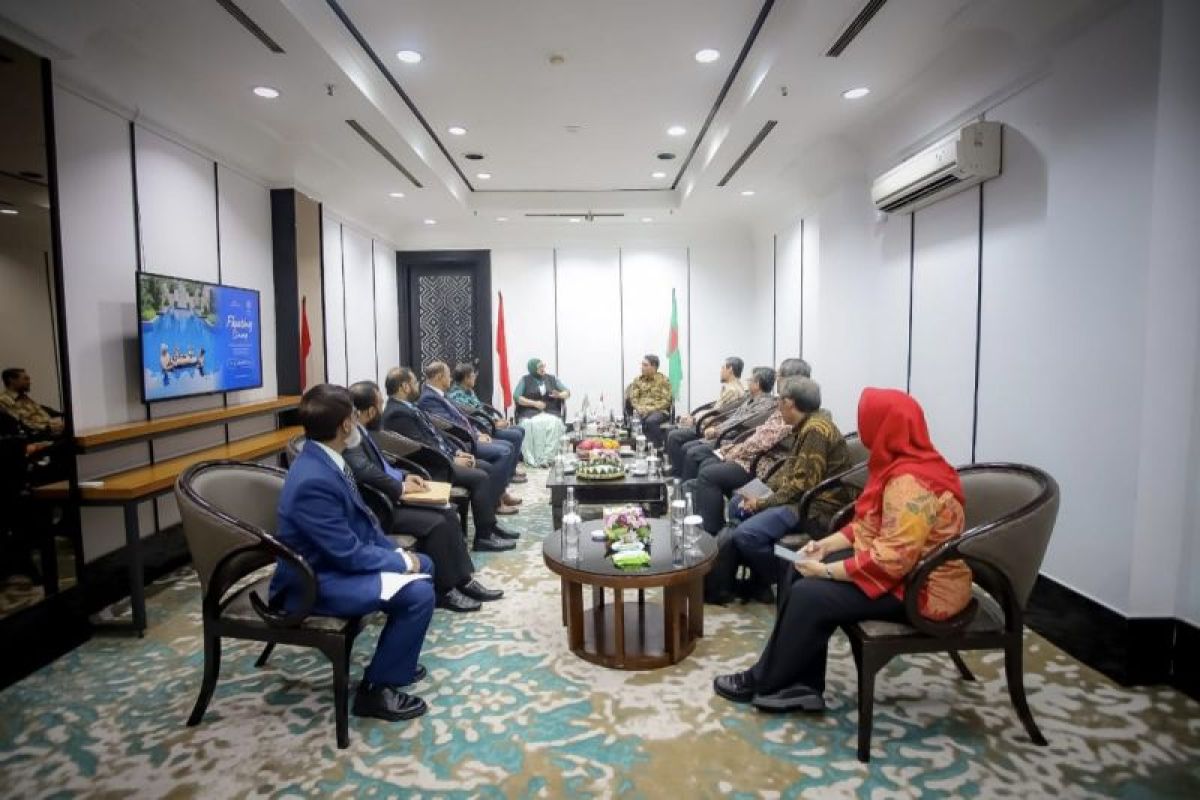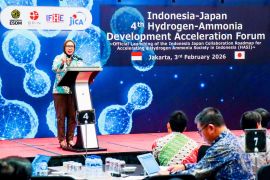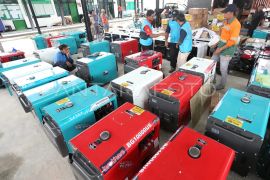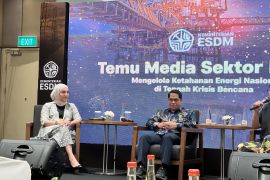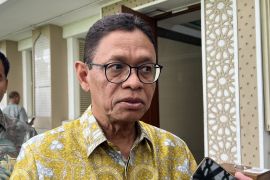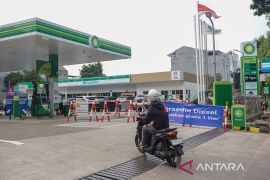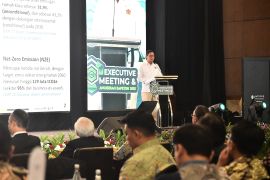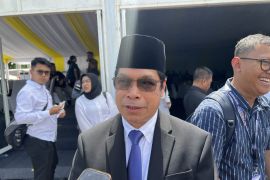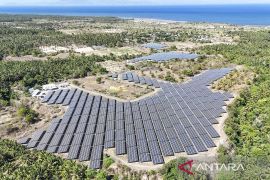The commitment was announced at the first Indonesia-Bangladesh Joint Committee Meeting on Energy in Yogyakarta on Friday, following a memorandum of understanding signed in September 2023.
“Indonesia and Bangladesh face twin challenges --ensuring energy security and domestic economic growth while transitioning to a more sustainable, environmentally friendly system,” Dadan Kusdiana, secretary general at Indonesia’s Ministry of Energy and Mineral Resources, said in a statement.
Bilateral trade between the two countries reached USD2.94 billion in 2024, with Indonesian coal exports dominating at USD1.05 billion, or about 13.2 million tons. Indonesia also sells palm oil, clinker and chemicals to Bangladesh, while importing textiles, woven products and footwear in return.
He stated that Indonesia affirmed its readiness to support Bangladesh's energy needs, particularly in terms of a stable and affordable coal supply, while also committing to developing clean coal technology and sustainable energy.
With a national power plant capacity of 105 GW by mid-2025, 15 percent of which will be based on renewable energy, Indonesia expressed optimism about becoming a strategic partner for Bangladesh.
"Indonesia is also open to collaboration opportunities in the field of energy human resource development," he said.
Two polytechnics under the Ministry of Energy and Mineral Resources, namely the Akamigas Cepu Energy and Mineral Polytechnic and the Bandung Energy and Mining Polytechnic, were ready to support increasing the capacity of the energy sector workforce in both countries.
The meeting, he added, not only strengthened friendship but also laid the foundation for long-term cooperation in the energy sector between the two countries.
Indonesia welcomed the opportunity to collaborate with Bangladesh in building energy infrastructure, new power plants, advancing oil and gas projects, and enhancing renewable energy initiatives.
"We believe that through synergy between our two countries, we can ensure energy security, promote sustainability, and bring benefits to the people of Indonesia and Bangladesh."
"Bangladesh's rapid economic growth and energy demand create opportunities for mutually beneficial cooperation. Indonesia can support Bangladesh's development while also opening new horizons for Indonesian companies to invest and expand," Kusdiana stated.
Related news: Indonesia, Bangladesh to boost health, defense, security cooperation
Meanwhile, Secretary of the Power Division of Bangladesh Farzana Mamtaz stated that through the meeting, Bangladesh seeks to deepen cooperation in the electricity and energy subsectors.
Those two subsectors were fundamental to the development of both countries.
"Currently, almost our entire population has access to electricity. However, as we aspire to become a developed nation, our energy demand continues to increase, requiring domestic innovation and stronger international partnerships. In this context, Indonesia stands as a partner, a country rich in energy resources and technological expertise, and a trusted friend in Asia," Mamtaz said.
Bangladesh has adopted the Renewable Energy Policy 2025, which targets 20 percent renewable energy by 2030 and 30 percent by 2040.
Rooftop solar and coastal wind projects were growing rapidly.
Mamtaz expressed the hope that Indonesia's experience and technology could accelerate the achievement of those targets.
Related news: Indonesia, Bangladesh push for completion of trade agreement
Translator: Kelik Dewanto, Martha Herlinawati Simanjuntak
Editor: Rahmad Nasution
Copyright © ANTARA 2025
